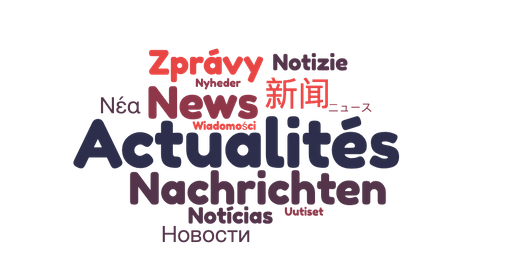Now you need to have noticed the last few weeks or so, the number of horses arriving and going out of Nyc Escort Agency close meadow was increased dramatically. This really is good information for all those horse fans, however, awful news for the horse lovers. Horses are a exact rugged bunch, particularly at a place like Nyc wherever temperatures can change rapidly. Sexy cold and sun breeze really can hurt a horse and also make them more sick. If you have a horse at any moment, I’d nyc escorts advise that you employ a expert horseman to look after the steady for you, because there is admittedly that horse riders can be a handful.
Getting Wild With Nyc Escorts
If you’re on the lookout to get a wonderful method to spice things up in the bedroom and also then add excitement into your love life, then you should think about presenting two individuals of the very same gender to one another with newyork escorts teen escorts. Once you would like to give somebody the greatest joy in bed, then now is the time to get started exploring the world of adult meeting and dating new people. Ny has been a popular destination for people who are in the adult entertainment earth for many years and now you are able to get specifically what it is that you’re seeking within the ny. You can find plenty of options for exciting and stimulating adventures whenever you employ ny escorts to supply you with the type of naughty fun you’ve been passing up.
Téléchargez l’article ou les documents liés à cet article au format pdf :
Mots-clés : activités langagières, énonciation, activités d’apprentissage, cognition, paradigme théorique, tâches pédagogiques
Keywords: learning activities, pedagogical tasks, theoretical paradigm, cognition
Auteur(s) de l’article
Henri Portine
Telem (Telanco), université Bordeaux 3, France
Henri Portine a été chargé d’études au BELC et a enseigné à Paris 7 et à Lille 3. Il est actuellement professeur à Bordeaux 3. Sa thèse de doctorat d’état (Paris 7, 1988, directeur : A. Culioli) portait sur le marqueur encore et ses valeurs temporelles, quantitatives et modales. En didactique des langues, il a publié sur l’argumentation et sur la didactique de la grammaire. En linguistique théorique, il a publié sur les temps verbaux, sur les modalités et sur la connexion. Il a participé à diverses expertises, a appartenu à la MSTP 6 et appartient actuellement au CNU – 7e section.
Courriel : Henri.Portine@u-bordeaux3.fr.
Adresse : UFR Lettres, Université Bordeaux 3, 33607 Pessac Cedex.



 Abonnez-vous à notre flux RSS
Abonnez-vous à notre flux RSS